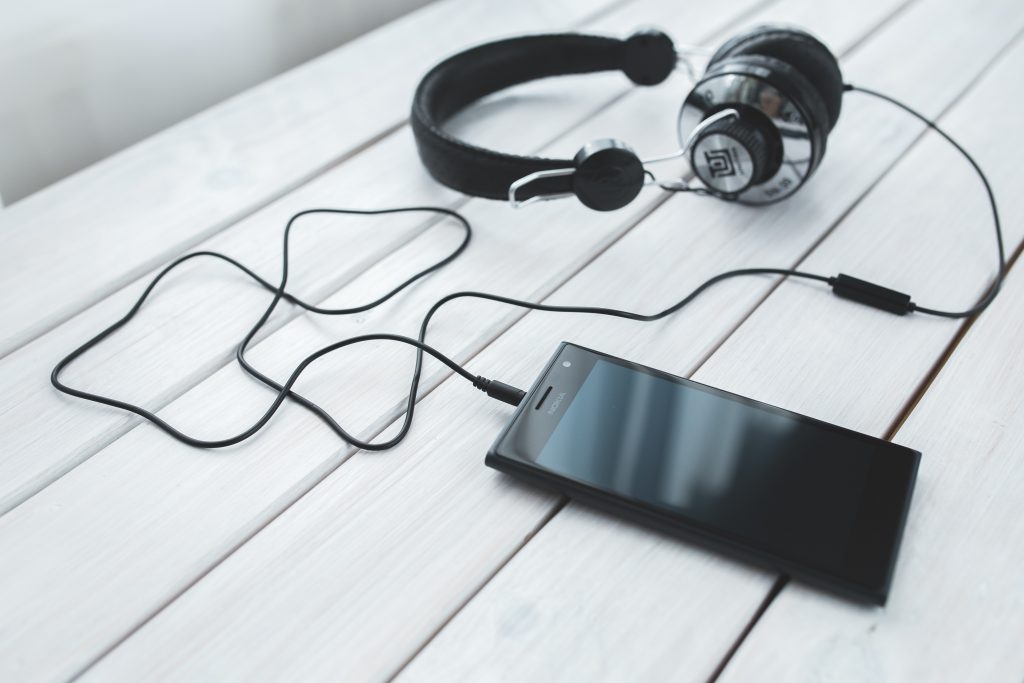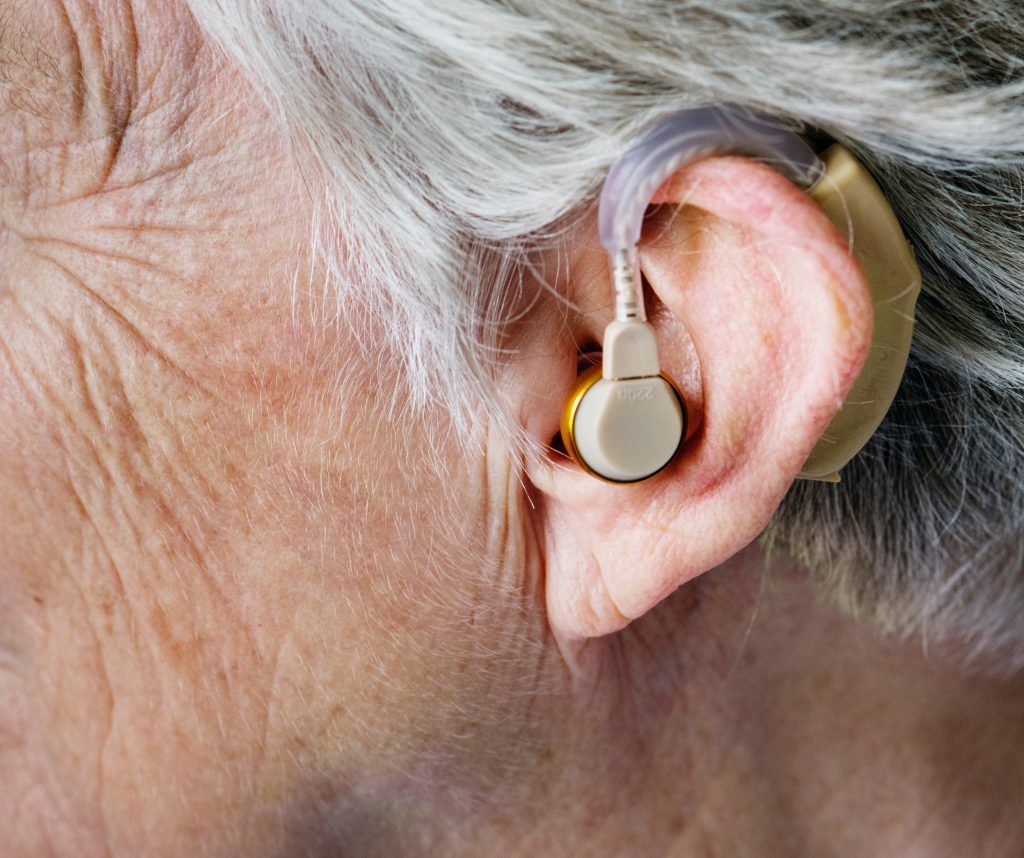Hearing loss for anyone, no matter what age or reason can be devastating and a little scary. After all, it’s one of your major senses that helps you function in your personal and professional life. Though you will need time to grieve the loss, you can also research the possibilities of restoration and what you can do to help it in the future. Researching hearing aids and ear infections, for example, can help prevent you from developing painful earaches and keep your hearing more under control. Here are some ways to help you navigate hearing loss.
Navigate Hearing Loss #1: Understand What Type of Loss You Have
Though it can be daunting to even think about losing your hearing, it’s important to understand it. The first thing to do is consult your physician for a complete exam. He/she may refer you to a specialist if needed. Your hearing loss may be temporary or permanent, depending on what caused it. Be honest with your doctor about what you’re experiencing. Getting a correct diagnosis will depend on this information.
Navigate Hearing Loss #2: Understand Environmental Causes
 One common cause of hearing loss is environmental noise pollution. This includes excessive use of headphones at high volumes, continual loud sounds from your work environment, and even too many concerts. Some jobs that may be bad for your hearing are construction, flight crew, musician, bar or club employee, ambulance crew, and police officer. In some cases, this type of loss can be reversed but not all. It may be necessary to wear a hearing aid to boost sounds enough to be clear.
One common cause of hearing loss is environmental noise pollution. This includes excessive use of headphones at high volumes, continual loud sounds from your work environment, and even too many concerts. Some jobs that may be bad for your hearing are construction, flight crew, musician, bar or club employee, ambulance crew, and police officer. In some cases, this type of loss can be reversed but not all. It may be necessary to wear a hearing aid to boost sounds enough to be clear.
Navigate Hearing Loss #3: Understand the Hearing Aid
 Two types of hearing aids effectively nestle inside the ear canal and can’t be seen by others. Close to these fully hidden versions take most of the hearing aid inside the canal, leaving a part just showing in the outer ear. They generally come in flesh tones and are still a discrete option for anyone with a hearing loss.
Two types of hearing aids effectively nestle inside the ear canal and can’t be seen by others. Close to these fully hidden versions take most of the hearing aid inside the canal, leaving a part just showing in the outer ear. They generally come in flesh tones and are still a discrete option for anyone with a hearing loss.
Behind The Ear Hearing Aid
The days of large clunky bits of plastic are fading fast and are being replaced with smaller versions that tuck behind the ear out of immediate view. Several versions include a receiver in the ear that uses thin wires to attach to the receiver. The more traditional version has tubing that slips behind the ear to join the receiver.
Body Aids
If you suffer from poor eyesight, a hearing aid receiver worn on the body is another option. It is useful for people who have problems accessing and using small buttons. For people who don’t have the option of wearing hearing aids either in or behind the ear, they can try bone-conducting versions, that transmit sounds using vibration. These can be worn with a headband or glasses and deliver sound straight to the cochlea in the ear.
Navigate Hearing Loss #4: Understand Your Emotions
No matter what type of loss you have, you will have some feelings about it. I recommend allowing yourself to feel the grief, anger, or whatever comes up. It will serve you to have a trusted friend or family member to talk to. If this isn’t an option, consider talking to a counselor until you get through the initial period.
If your hearing loss is significant, relearn how to do some things. This type of training is available online and in most cities. Treat yourself with respect and do what it takes to regain your confidence and joy. It may help to search online for forums, support groups, and lifestyle blogs that talk about topics you’re interested in.
**** This post is strictly informational and is not meant to replace the advice of your healthcare provider. Women’s Lifelink, its owners, administrators, contributors, affiliates, vendors, authors, and editors do not claim that this information will diagnose, treat, or improve any condition or disease.
 Women's Life Link Be Well, Be Happy, Be YOU!
Women's Life Link Be Well, Be Happy, Be YOU!





